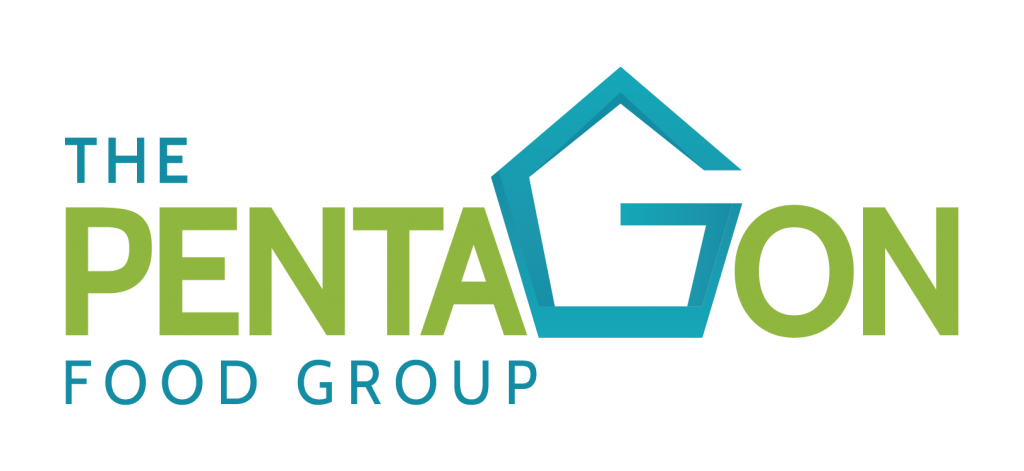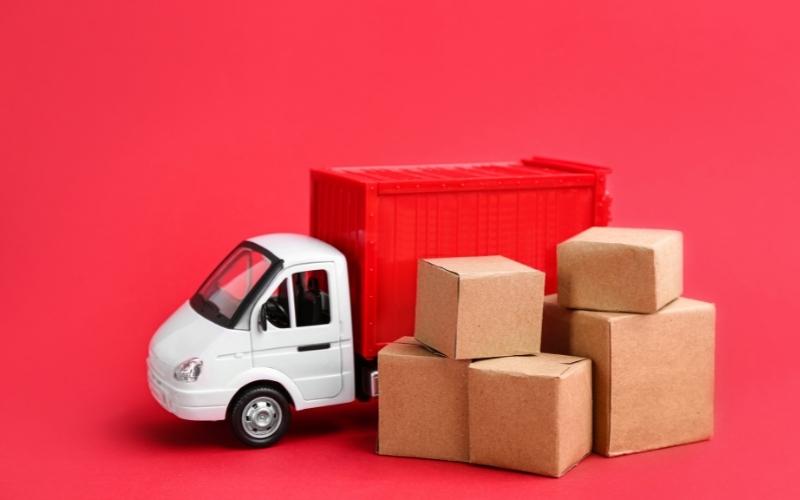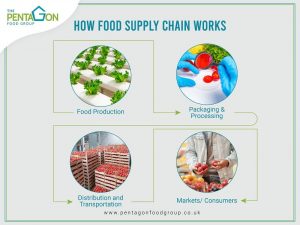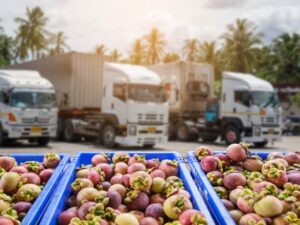Food Distributor – What They Actually Do?
The key role of a food distributor is to provide food and food related products to food service providers(restaurants, food businesses, small scale food suppliers, caterers or any entity involved in food handling and food business).
The services of food distributors and food suppliers are not just related to food items; they comprise anything or everything that can be linked with the food service industry (food items, ingredients, food-related products, utensils, tools, crockery, serving supplies, cooking and preparation materials, food packaging materials, food storage containers etc.)
Food distributors mainly act as an intermediary between food manufacturers and food service operators. Food service distributors are responsible for buying and storing bulk quantities from food producers and then storing them in warehouses and finally transporting them to food service operators as per their demand and business requirements.
Food Distribution:
Food distribution is not just the simple act of transporting food products from manufacturers to the food service providers. The food distribution service is at the core of the food industry and the whole food business relies on the food distribution channels.
Food distribution involves, but not just limited to, the undermentioned essential processes involving food products and related supplies:
- Buying from food manufacturers in bulks
- Storing at warehouses
- Packaging
- Transportation
- Delivery
To meet the ever-increasing demands of food operators and food service industry there are some additional roles that are being taken up by the food distributors including:
- Marketing
- Selling
- Determining pricing optimization strategy
- Processing, scheduling and tracking orders
- Managing inventory (for food service providers)
- Building reports
- Food source tracing/information (for customer satisfaction)
Top 5 Food Distribution Channels
Essentially a food distributor is responsible for bridging the gap between food manufacturers and retailers. By streamlining the food distribution channels and efficiently managing the food distribution processes the food product supplier ensures profitability and convenience for everyone involved in the food business.
Food suppliers and food service distributors operate on 5 main channels. Each food distribution channel determines what strategy the food distributor is working on.
- Broadline Food Distributor
As obvious from the title, the broad-line food distributors work with a broad line of food operators supplying a wide range of food items and food-related supplies. They mostly distribute and supply thousands of food products to a vast network of food manufacturers, food operators, restaurants and others linked with the food industry. They do not restrict their service to a niche market.
- Better Customer Service
These food distributors specialize in serving niche markets. Such distributors do supply a large variety of food products, but they stick to a specific niche. They are involved in supplying specialized equipment, seasonal products, non-traditional grocery items and other such uncommon food supplies.
- Redistributors
The redistributors act as a middleman between manufacturers and typical distributors. Redistributors cater to the demands and orders of small-level food suppliers who cannot afford to have their own warehouses and storage space to store food products. They do not serve the food operators directly, but they purchase from manufacturers directly. Their target market is only small-scale food service distributors.
Although the concept of redistributors is a bit confusing in food distribution channel but one cannot undermine its benefits of saving a distributor’s time, space, energy and time.
- Cash & Carry Food Services
Cash and carry stores offer a wide range of food items, food supplies and food industry-related products under one roof. These are large stores with almost all items available to purchase, but the food operators have to visit the store and make their purchases.
Restaurants, caterers and small-scale food operators are mostly customers of these cash and carry distributors.
- Click and Collect Food Supplier
These food product suppliers have gone a step ahead of the cash and carry stores. Click & collect food supplier offer online shopping options for the food operators. The order can be self-picked by the food operators as per their convenience. This food distribution channel is gaining popularity due to its multifaceted benefits.
ROLE OF A FOOD DISTRIBUTOR IN FOOD INDUSTRY
- Transportation and Delivery
One of the prime roles of a food distributor is the transportation and delivery of food products to the food service operators (including grocery stores, restaurants, caterers, schools, hospitals, etc.) Ensuring timely deliveries and a safe transportation system that retains the quality of food products is one of the main responsibility of foodservice distributors.
- Marketing and Selling
Food distributors are capable of engaging customers in an effective marketing campaign generating sales for the manufacturers. Many food distributors take up the role of marketing team, they have the resources and infrastructures to design and carry out effective marketing for the manufacturers. Promoting offers to the food service providers will help manufacturers capitalize on their sales.
- Warehousing
One of the key benefits of hiring a trusted and professional food distributor is that they have a well-established warehousing facility. Just imagine if as a food operator you have to deal with the storing and warehousing of your food products in addition to handling in-house food production and service challenges. Food service distributors have proper storage units, refrigerated containers, specialized temperature control transportation and storage equipment that maintain the quality of food.
- Supply Chain Management
One of the most crucial roles of a food distributor is to handle and manage the supply chain system of food service operator. The supplier can effectively and efficiently manage your food quality, required quantities, pricing, timely payments, inventory management and much more.
- Managing Pricing
Professional food distributor helps managing pricing. They offer best possible rates, with additional rebates, discounts, commissions; helping food operators build on their profit margins.
- Monitor and Control
Food products suppliers can monitor and control all processes involved in buying, storing, transporting and delivery of food supplies. This provides peace of mind to the food operators and they can concentrate on other things at hand, maximizing their productivity.
- Quality Control
Another key role of food distributor is to control and maintain the quality of every single product and food item that they provide. Quality is the baseline of food service industry. Keeping high standard quality of food items is imperative to win customers’ loyalty. This can be achieved when the food service distributor ensures all products and ingredients retain their freshness and quality with proper management, quality controlled warehousing and well-managed distribution procedure.
Explore: Top 5 Qualities of A Good Food Supplier
End Up:
Undoubtedly, food service distributors are the core players in the food service industry. In todays competitive world the role of a food supplier is not limited to being just an intermediary between manufacturers and food operators. They play an essential role in boosting the productivity levels of food operators, expanding manufacturers businesses and streamlining all operations involved in running the food industry.






